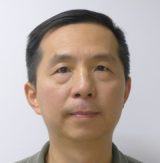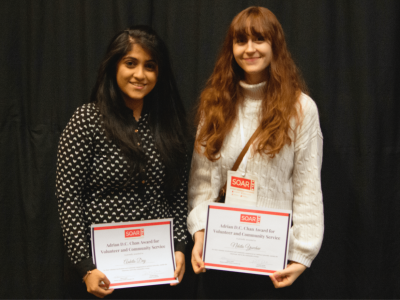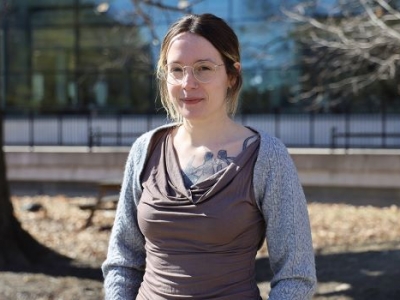It might come as a surprise to some people that the 2016 CareerCast.com Jobs Related Report lists careers as a mathematician and statistician in its top ten rankings.
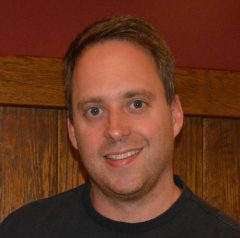
Professor David Amundsen
But it’s no surprise to Dr. David Amundsen, the interim director of the School of Mathematics and Statistics at Carleton. He notes that careers in these fields have been leading the pack for some time now.
“We are extremely proud of our School’s track record,” says Amundsen. “Not only are our graduates highly employable but, as leaders in their field, our alumni have been impacting peoples’ lives for decades.”
“Many of our alumni are working at Statistics Canada, Health Canada, NRCan and other government departments, as well as in the IT security sector,” shares Amundsen. “As Ottawa is the home of many of Canada’s leading high-tech firms, such as Alcatel, Corel, Cloakware and Entrust, many of our math and stats grads also go on to work for these organizations.”
He continues: “There are some very intriguing career possibilities in many different organizations when you work with numbers.”
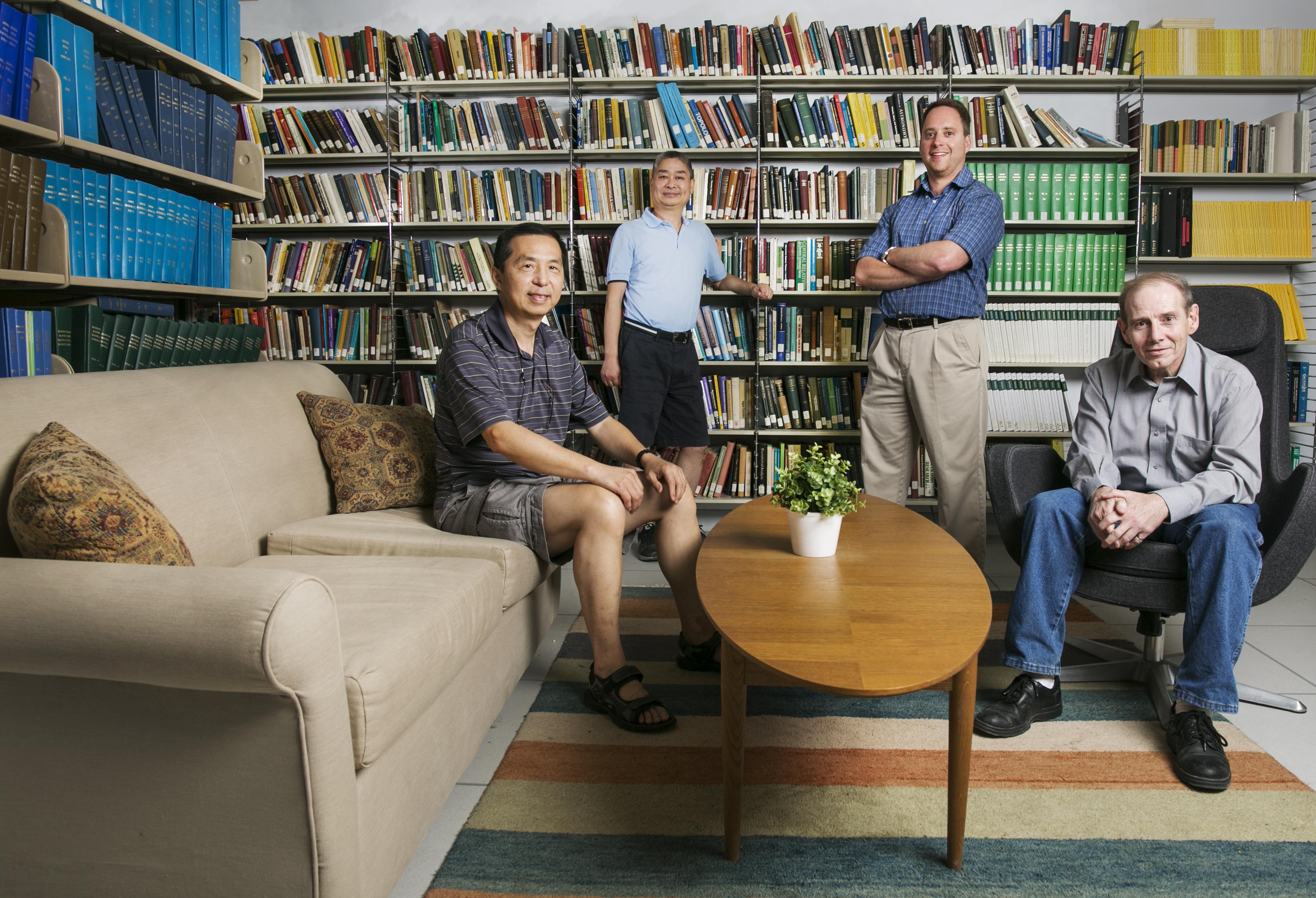
Every week, the School emails its students with information about available positions from government, research institutions, universities and companies.
Master’s Student Xiang Chen says he chose to study at Carleton because Ottawa has a lot of job opportunities. He also says: “CU is among the top 10 universities in Canada, especially in the field of math and stats. The department has many famous scholars and many of them are still the best ones in their fields.”
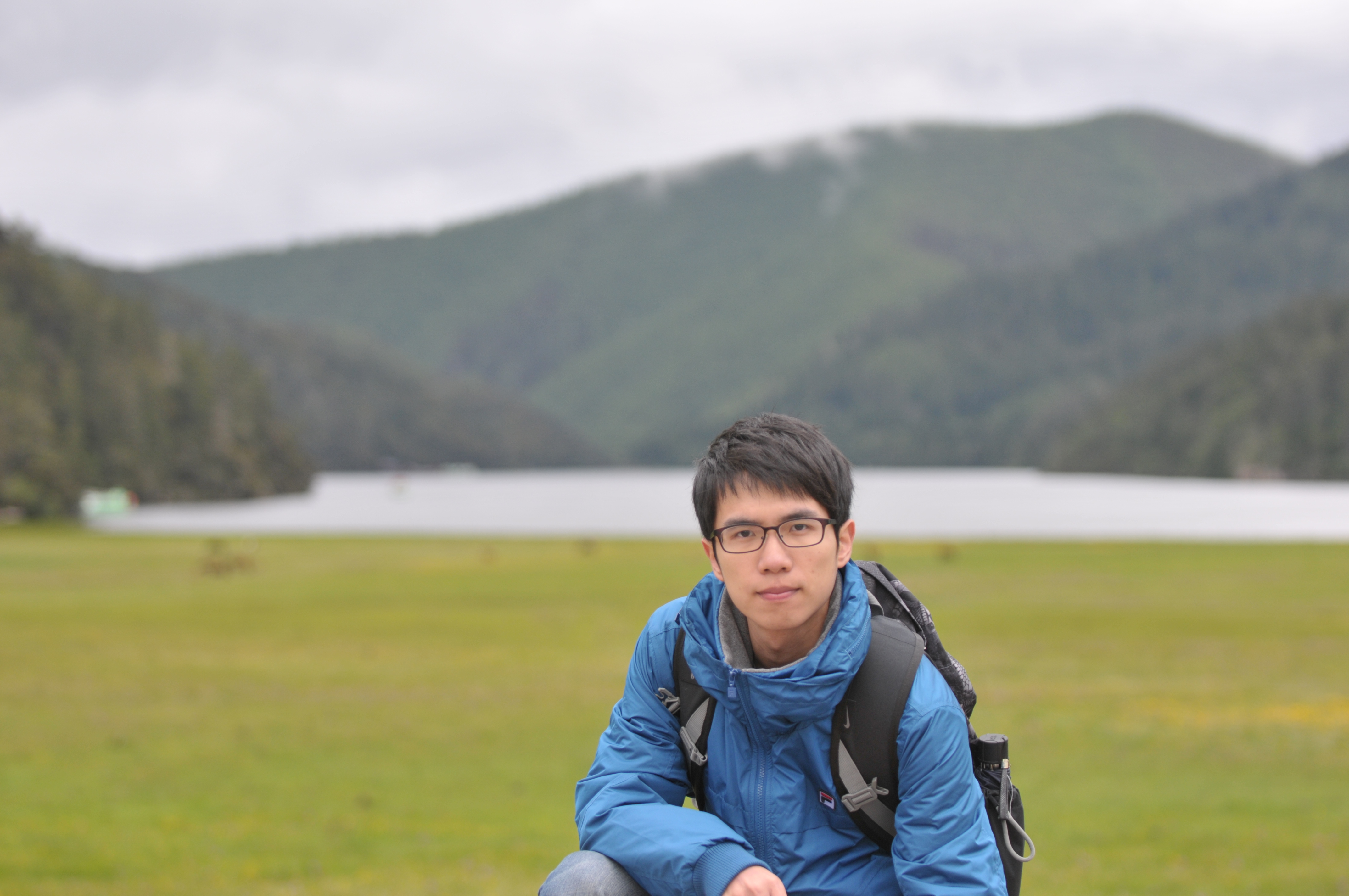
Master’s student Xiang Chen
Not only are students attracted to the School’s graduate programs because of the career possibilities but also because of the practical, experiential opportunities.
Graduate students have an opportunity to teach classes through the School’s Math Enrichment Centre that helps grade school students experience “math that goes beyond the standard school curriculum.”
Some PhD students choose to pursue opportunities such as the Cotutelle program that allows them to study, research and gain experience at a second university overseas. Alumnus Jason Crann (PhD/15) was the first Cotutelle student to graduate from Carleton. He spent a year studying at the University of Lille 1: Science and Technology. Beyond the academic experience, Crann says his experience in Lille was, “nothing short of incredible” as he became fluent in French and travelled to 11 surrounding countries.

Centre for Quantitative Analysis & Decision Support
The School also hosts the Centre for Quantitative Analysis and Decision Support (CQADS) which offers a myriad of analytical services to clients on a cost-recovery basis. The Centre provides funding, training and on-the-job consulting experience to qualified graduate students and recent alumni. Some students end up pursuing satisfying careers with CQADS clients.
PhD Student Andrew MacFie recently worked on a project at CQADS. “CQADS is an excellent opportunity for students because it allows them to use skills learned during their studies for paid work that future employers can appreciate.” MacFie also mentioned that the School has a graduate internship program which provides additional opportunities to gain hands-on experience.
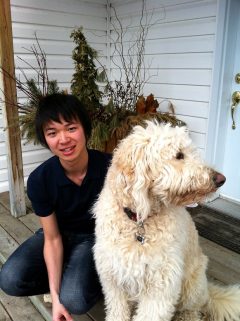
Shintaro Hagiwara
PhD Student Shintaro Hagiwara shares the following reasons why he chose to do both of his graduate degrees at Carleton. “The graduate program in Mathematics and Statistics at Carleton is one of the largest in Canada. The program is offered in conjunction with the University of Ottawa. This means that the students can take courses at both institutions. At the same time, the classes are offered at a relatively small size, which means that the professors get to know the students well, and vice versa, creating an atmosphere that welcomes students and engages them to discuss questions.”
Hagiwara also notes: “The School has very knowledgeable and supportive faculty members, hard-working peers and helpful administrative staffs. It offers a very welcoming and ideal environment to pursue research and study.”
Master’s Student Mengjie Zhou says she liked the fact that, almost every week, the School would host a colloquium while her research group would host a seminar. “I like this kind of seminar because it provides me a chance to know what others are doing rather than having a narrow horizon of my own work.”
And PhD student Simona Sklenar says: “There are so many factors that should attract all grad students to our School: the administrative staff is extremely helpful and friendly and the professors and instructors are terrific. We have a plethora of scholarships and awards, excellent co-op and internship opportunities, great resources for academic help and accessibility to laboratories, computers, computer software and programs.”
Another drawing card for students is that the School is a principal sponsor of the Fields Institute for Research in Mathematical Sciences that offers enhanced training and research opportunities to graduate students and postdoctoral fellows. “This is one of the preeminent mathematical institutes in the world,” says Amundsen.
As well, the School boasts known experts on statistics and mathematics. In fact, from the Natural Sciences and Engineering Research Council (NSERC) over the past 10 years, professors from the School have received an impressive 44 Discovery grants, three Discovery Accelerator grant supplements, four Engage grants and one Research Tools & Instruments (category one) grant.
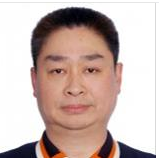
Professor Jason Gao
MacFie said he chose to do his PhD at Carleton because he could work with Dr. Zhicheng (Jason) Gao. “I have a great advisor who does high quality work and has given me excellent guidance and training in mathematics research.” Gao is an expert on analytic combinatorics that deals with the number of ways that certain patterns can be formed and the distribution of interesting parameters of large discrete structures. He is also an expert on mathematical analyses of games of chance.
Hagiwara met his PhD supervisor, Dr. Patrick Farrell, in the last year of his undergraduate degree at Carleton and has been working with him ever since. “The major part of the PhD program is the research, so I knew the importance of having a supervisor with whom I could have a good relationship, and ask for guidance when necessary.”
Hagiwara has not yet started his PhD research but plans on trying to understand and validate the mathematical theory behind a newly developed technique for DNA microarray analysis. He explains that microarray technology offers a wide range of applications, including gene discovery, disease diagnosis, drug discovery and toxicological research.
Prof. Yiquiang Zhao is researching Queueing theory – the mathematical study of waiting lines in which a model is constructed so that queue lengths and waiting times can be predicted.
Says Zhao: “My research is coming up with new concepts, developing new methods and approaches, proposing efficient approximations and computational procedures. It represents state-of-the-art research in the field that will meet the direct demand and tackle the challenge arising from important engineering applications.”
One of his PhD students, Simona Sklenar, says “Dr. Zhao is the best. He is brilliant and one of the top researchers/contributors in his field, so I’m extremely grateful and fortunate to be his student. Dr. Barbara Szyskowicz, another excellent teacher who also greatly influenced my love for probability theory, is here at Carleton too. The entire School of Mathematics and Statistics is incredible and Carleton will always be my first choice.”
Master’s students Mengjie Zhou and Xiang Chen are both working in the area of mean field games, which is a recent development of the famous game theory started by John von Neumann and John Nash who was the inspiration for the film “Beautiful Mind”.
Zhou explains: “Mean-field game techniques can help us to find the optimal decision in many areas. For instance, a store manager is in charge of the stock management. He can’t restock either when the store has a rich inventory or until the store runs out of the inventory. Thus, when to restock to get the best profit becomes the problem. Such problems are quite common in our life. We can build a mathematical model and use the Markov Decision Process and Mean field game to solve this kind of problem.”
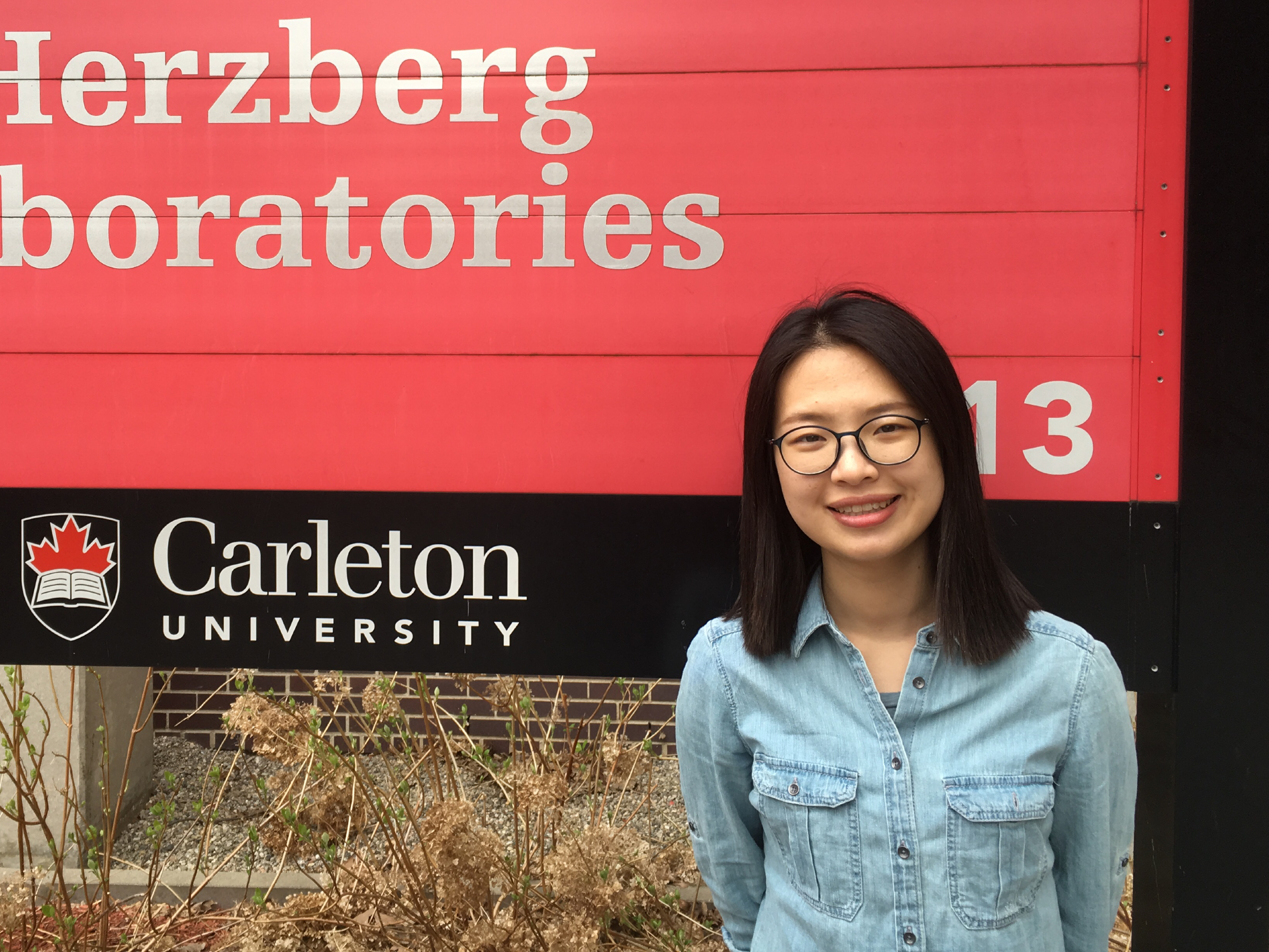
Master’s student Mengijie Zhou
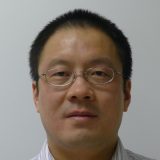
Dr. Minyi Huang
Both Zhou and Chen are supervised by Prof. Minyi Huang who played an initial role in the development of mean field game theory. After a few years, Huang and two other professors realized it would be extraordinarily valuable to create a general theory that could tackle complex problems called mean field decision problems. Huang explains that two French researchers Lasry and Lions independently developed a similar approach in 2006, coining the now popular name mean field games. He points out that: “This theory is regarded by the research community as a major breakthrough in dynamic games and control theory and has spurred intense research activities worldwide.”
You can read about other faculty research projects on this website.
You can find out more about Carleton’s School of Mathematics and Statistics by going to this website.
More information about the Ottawa-Carleton Institute for Mathematics and Statistics (OCIMS) is available here.
Friday, May 13, 2016 in Grad Student Research, News, Programs
Share: Twitter, Facebook
